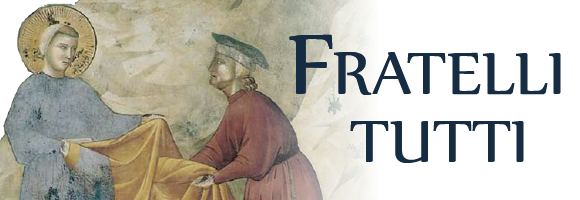The International Secretariat is pleased to present a summary of IFOR's recent involvement at the UN, in particular at the Human Rights Council.
The Human Rights Council is an inter-governmental body within the United Nations system responsible for strengthening the promotion and protection of human rights around the globe and for addressing situations of human rights violations and make recommendations on them. The Council is made up of 47 United Nations Member States which are elected by the UN General Assembly and meets three times a year at the UN Office in Geneva.
The 46th session of the UN Human Rights Council has just concluded its working meetings. This session started on February 22nd and ended on March 24th and, due to the pandemic, the participation of the member States and civil society representatives has been mainly online.
What follows is a list of the oral statements delivered or co-sponsored by IFOR during the session. At this session IFOR addressed issues such as conscientious objection to military service, criminalization of solidarity, migration, civil disobedience, nuclear disarmament, human rights defenders, militarization, SDGs 2030, and referred to local concerning situation in countries such as Belarus, Colombia, Eritrea, Hong Kong, Myanmar, Singapore, Tajikistan, Turkey and Western Sahara.
This is one piece of the work that IFOR does within the United Nations system; you can find out more by visiting our website.
IFOR speaks on the tragedy of the Eritrean refugees in the Tigray region and to the Eritrean indefinite National Service; 46th session of the UN Human Rights Council.
Click here for more information and to read the original statement
IFOR takes the floor at 46th UN HRC during the general debate with the High Commissioner for Human Rights Ms. Michelle Bachelet.
Click here for more information and to read the original statement
IFOR joins a statement on the violation of human rights of migrants and refugees in the Balkan Route: 46th UN HRC
Click here for more information and to read the original statement
IFOR joins in a call to the UN member States to "MOVE THE MONEY OUT OF MILITARY, TO FOOD"
Click here for more information and to read the original statement
IFOR at the 46th session of the UN Human Rights Council: "immediate and unconditional release of all imprisoned conscientious objectors"
Click here for more information and to read the original statement
IFOR addresses SDGs 2030, civil disobedience and conscientious objection at the UN 46th HRC
Click here for more information and to read the original statement
IFOR stands with human rights defenders and addresses the case of Buenaventura in Colombia, at the 46th Human Rights Council.
Click here for more information and to read the original statement
All statements are available in the original language of delivery.
All these news are also available on our Facebook page; like and share them there!























